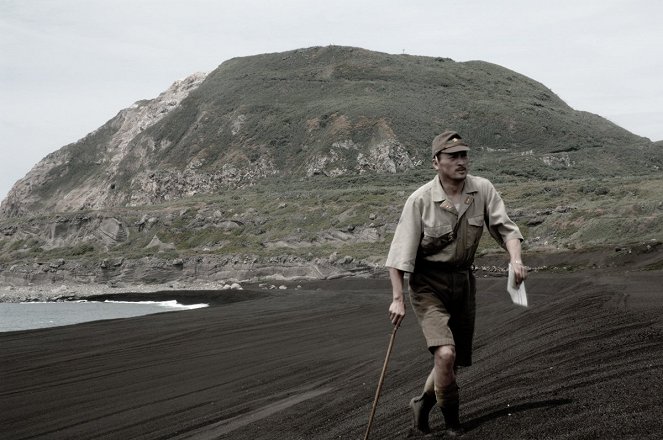Directed by:
Clint EastwoodScreenplay:
Iris YamashitaCinematography:
Tom SternCast:
Ken Watanabe, Kazunari Ninomiya, Tsuyoshi Ihara, Ryō Kase, Shidō Nakamura, Takumi Bando, Yuki Matsuzaki, Takashi Yamaguchi, Nae Tazawa, Lucas Elliot Eberl (more)VOD (1)
Plots(1)
In an effort to explore an event that continues to resonate with both cultures, Clint Eastwood was haunted by the sense that making only one film, Flags of Our Fathers, would be telling only half the story. With this unprecedented dual film project, shot back-to-back to be released in sequence, Eastwood seeks to reveal the battle of Iwo Jima - and, by implication, the war in the Pacific - as a clash not only of arms but of cultures. Sixty-one years ago, US and Japanese armies met on Iwo Jima. Decades later, several hundred letters are unearthed from that stark island's soil. The letters give faces and voices to the men who fought there, as well as the extraordinary general who led them. The Japanese soldiers are sent to Iwo Jima knowing that in all probability they will not come back. Among them are Saigo (Kazunari Ninomiya), a baker who wants only to live to see the face of his newborn daughter; Baron Nishi (Tsuyoshi Ihara), an Olympic equestrian champion known around the world for his skill and his honor; Shimizu (Ryo Kase), a young former military policeman whose idealism has not yet been tested by war; and Lieutenant Ito (Shidou Nakamura), a strict military man who would rather accept suicide than surrender. (Warner Bros. AU)
(more)Videos (2)
Reviews (9)
A much more sincere and stronger war film than the tearful and extremely pathetic Flags of Our Fathers. Clint Eastwood really stepped up his game in the second film, which, in contrast, shows the conflict from the other side and tells an excellent story full of Japanese traditions, customs, and tactics. How accurately it reflects reality can only be judged by eyewitnesses and war experts, but I dare say that the film was presented to the audience in a very bearable way. Thank God it doesn't just show the Japanese as suicidal lunatics and heartless killing machines, but also portrays them nicely from the other side right from the beginning. From young boys separated from their families to high-ranking officers with connections to the West, who are willing to proudly sacrifice their lives for their country. Watanabe is excellent, the action is decent and the non-combat scenes are very impressive. This solid film is worth watching if inly for the fact that we may have the opportunity to see a comprehensive view of an event in the war from this different and culturally distinct perspective, despite some minor flaws and a slightly excessive runtime (or rather, some unnecessary scenes).
()
I enjoyed this film very much. For me, it’s a completely different take on the exhausted topic of the Second World War, this time from the "opposite" side of the barricade, that does not carry the stars on the flag or bulletproof democracy. The Japanese are portrayed as a proud people who would rather fall to their last man than surrender their territory and, more importantly, their lives to an arch-enemy, which is very much reflected in the film overall. Eastwood conceived the battle of Iwo Jima in part as a probe into the souls of these determined soldiers, as evidenced by the battle sequences that keep a powerfully palpable dramatic face throughout. We gradually get very close to the protagonists, as if we were standing right next to them and crouching with them, hidden from enemy fire. I really felt sorry for those quite nice people who had to retreat step by step in the face of the ruthless American advance, and preferred to voluntarily put their lives on the lines in order to preserve their honour. Clint did a great job, with feeling and with all the life experience he has gathered throughout his life, and I have no choice but to bow in recognition. BRAVO, MAESTRO!
()
My next encounter with war Eastwood, where the director once again shows that he is much closer to a human story than capturing war. He is not trying to make a great war film, but a great drama. I simply cannot forget some scenes from the movie. The scene with the dog, touching and harsh at the same time, Japanese fanaticism, which ends in mass suicide with a lot of grenades, a bucket of excrement, which means the difference between life and death. Even in war, there is room for happiness. An excellent film that surpassed its doppelgänger "Flags of Our Fathers". I admire Eastwood for not shooting in English, but in the right language, just like Mel Gibson did in "Apocalypto" or "The Passion of the Christ". That's how it should be. And not like the case of the film "The Girl with the Dragon Tattoo", which is great in the American version, but why the hell is it set in Sweden when the characters speak English anyway? More: http://www.filmovy-denik.cz/2012/04/diar-milovnika-filmu-c-0003-eastwood.html
()
I've read the book that Clint and the writers were inspired by, and I have to say that I imagined everything the way it was eventually presented to me in the film. Letters from Iwo Jima is undoubtedly one of the best "modern" war films I have seen.__P.S. Be sure to get the soundtrack - but be warned, it's terribly addictive and you won't be able to get it out of your head!
()
I don't understand how this Clint Eastwood war flick completely flew under my radar. It is a very decent affair from the viewpoint of the Korean people, where Clint beautifully shows that not all the soldiers were fanatics of the Emperor, but there were people with hearts who felt fear. The film has decent war scenes with no shortage of gore and features some very powerful moments (the shooting a family's dog and a mass sacrifice). 85%.
()



Ads